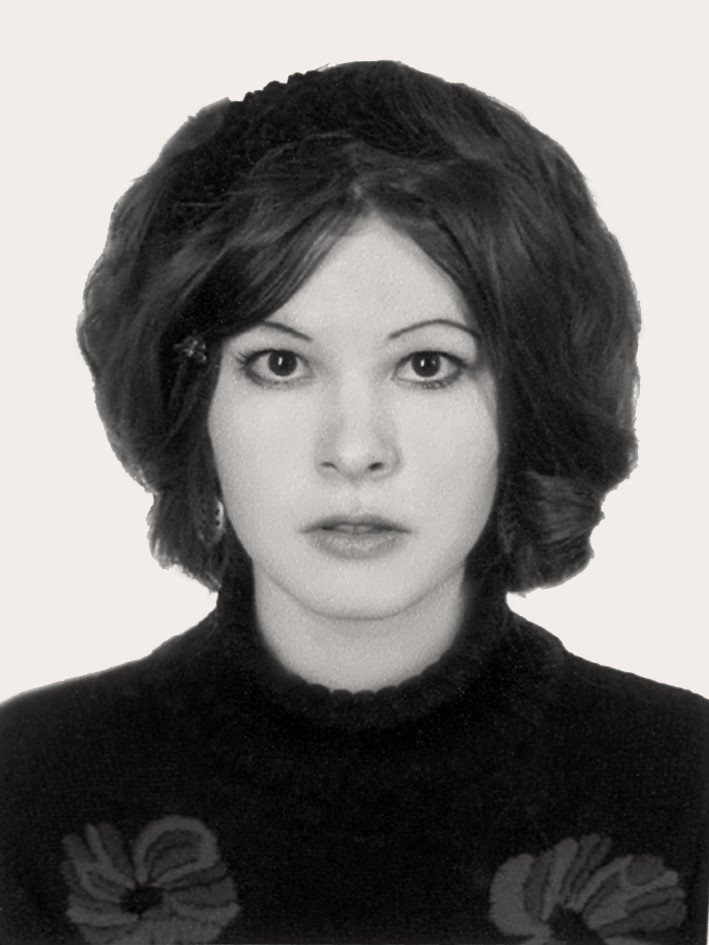The article retraces the “ecumenical” period of V.V. Rozanov (1856–1919), which came at the time of the late 1890s – early 1900s, outlining the philosopher’s views on Catholicism and the unionist problem. These themes, practically untouched in Russian science, were elaborated in the Catholic works within the walls of the Pontific Oriental Institute in Rome. The author introduces the texts, previously unknown to the national specialists on Rozanov. They manifest the intent to present Rozanov as an apologist of Catholicism. The grasp of meanings of the polemical writing of Rozanov’s journalism becomes an axiological guideline of the article, which otherwise leads to a shift of the accents towards the conclusions desirable for the Catholic side. The methodological guideline remains the correlation of the nature of the evolvement of the study of Rozanov’s heritage with the external revision of the unionist question and the attribution of its results to the “new theism” elaborated by the thinker. The author finds the omission of the Catholic side in ignoring the historiosofical constant of Rozanovian thought, in the light of which, the absence of a solution to the unionist problem in the frame of the current cultural paradigm becomes a surety of a different comprehension of the Universal Church.
Keywords: Rozanovian Studies, Great Schism, Eastern rite, ecumenism, Pontifical Oriental Institute
DOI: 10.22250/2072-8662.2021.2.104-109
About the author
 |
Yekaterina V. Baranova – Ph.D. candidate, Department of Philosophy and Education Sciences, |






